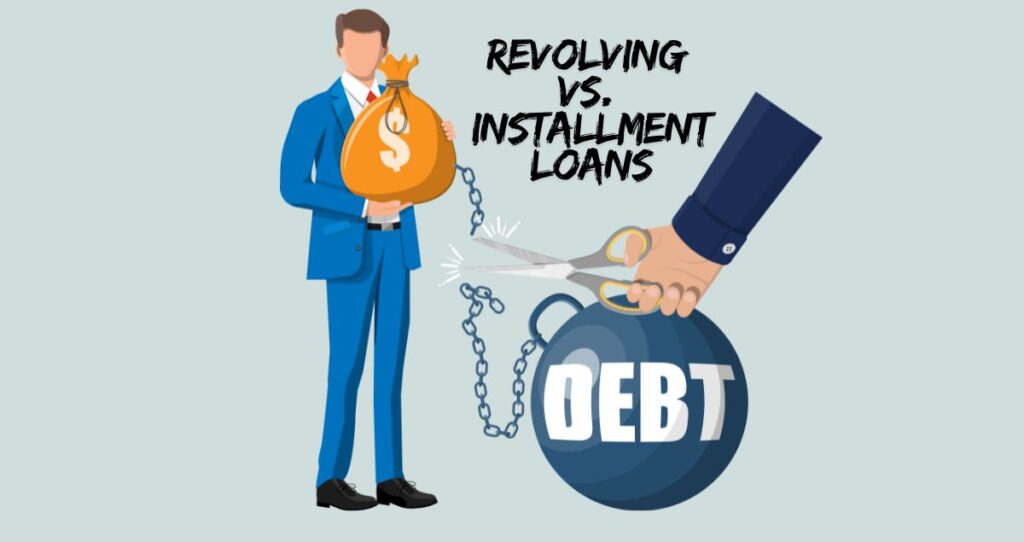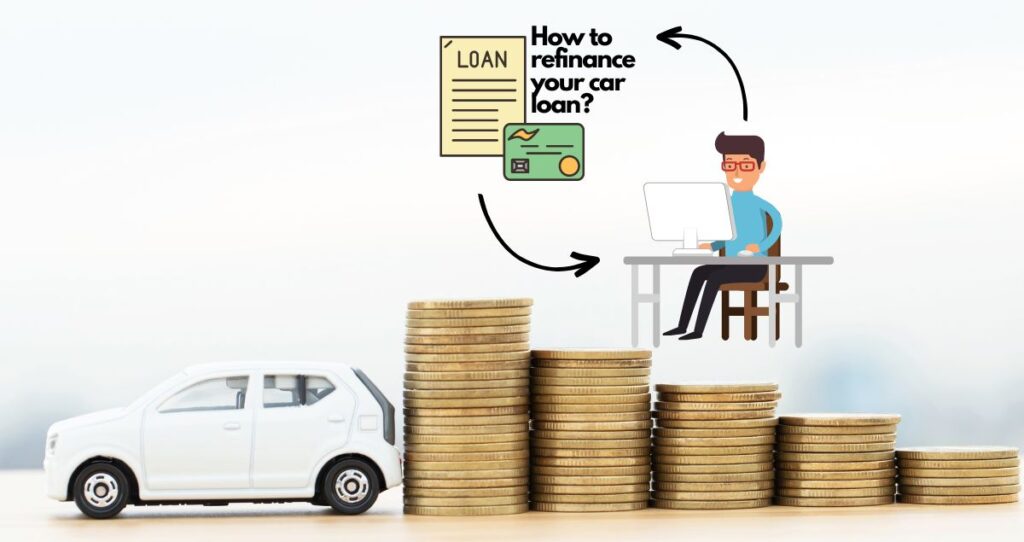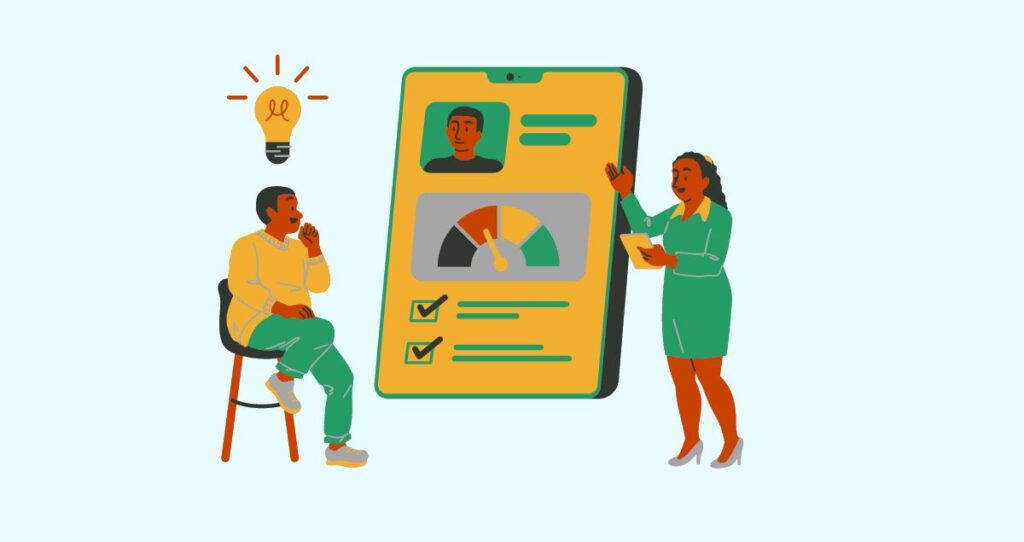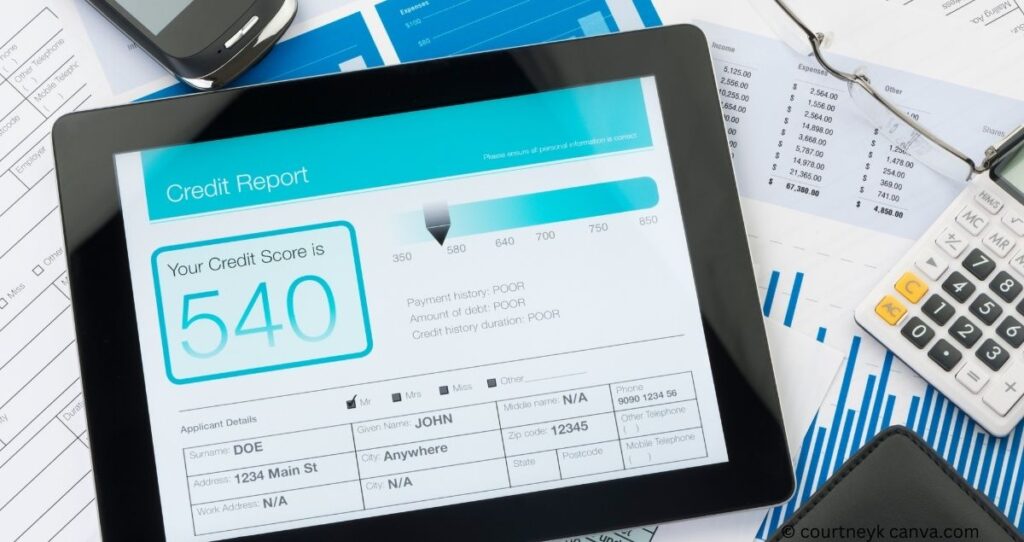If you want to qualify for loans and other forms of credit after graduation, you will need to start building credit while you are still in school. This is because lenders including credit card issuers prefer borrowers who pose less risk. Good credit history and credit scores are strong indicators of how risky you are as a borrower. The good news is that you don’t need to wait until after graduation to start building a credit history. This article will show you easy and less risky ways to build credit as a college student.
Having good credit is essential when it comes to loan application approval rates. With established credit, it will be easy to qualify for loans and lock in lower interest rates with favorable terms. As a college student, you need to get ahead of the game and start building credit while in college. Simple products such as student credit cards and secured credit cards could be an easy way to get started. In addition, you can easily build credit as a college student by becoming an authorized user of a credit card and paying interest only on your student loans.
The following are 10 ways to build credit while in college.
Without further ado, let’s get started.
1. Get a student credit card
Being a student means you might not be able to qualify for many forms of credit accounts such as car loans or mortgages. This is because lenders require good credit scores and an established credit history to get approved for these financial products. The good news is that you can easily qualify for student credit cards to help you build credit as a college student.
Student credit cards can help you get started with credit. Any activity on the card will be reported to the three major credit reporting bureaus(Equifax, TransUnion, and Experian) which in turn will make your credit reports and calculate your credit scores. As long as you are responsible for the card, you will build outstanding credit as a college student.
Besides building a credit history while in school, you will also benefit from the features and perks that come with the card. For example, you can earn cash back, get a signup bonus, earn miles and points, etc. Some student credit cards also come with a bonus for getting a good GPA. Low credit limits that come with student credit cards also prevent you from accumulating credit card debts while you are still in college.
An authorized user of a credit card is a person who gets added to an existing credit card account. For example, if you don’t have a credit history, are new to credit, or have bad credit, you can easily build your credit history by becoming an authorized user. Minors can also build a credit history by becoming authorized users of their parent’s or legal guardians’ credit cards.
If you want to build credit as a college student, become an authorized user of a credit card account.
As an authorized user of a credit card account, you will get your own credit card which you can use however you want. Any activity on your own card and the account will help you build credit fast as a student with little to no effort.
Make sure that the credit card company you go with reports authorized user activities to major credit bureaus. You also need to become a user of someone’s account who has good credit history and good credit score. This will help you boost your credit score and build your credit fast. By the time you graduate, you would have built enough credit to help you qualify for better credit cards and other credit accounts on your own.
Being a credit card user also comes with some form of responsibility. You need to use the card responsibly and follow the terms of the card.
Read more: What is an authorized user on a credit card?
3. Get a secured credit card
Secured credit cards are some of the best credit accounts for people who are new to credit or those with bad credit. Before you can open a secured credit card account, you will need a deposit that you will serve as collateral in case you fail to make payments on your credit card. The deposit will also help determine your credit limit. You will then earn your deposit back when closing the account or gradually as you use your card responsibly.
Many students do not qualify for normal credit cards due to a lack of credit history. That is why a secured credit card offers some form of guarantee to creditors. Secured credit cards also come with lower credit limits which are essential for somewhere with no credit experience. That is you will not accumulate too much credit card debt since your credit limit will more likely be proportional to your deposit.
As you use your secured credit card, you will also be building credit as a college student which comes in handy after graduation. By the time you graduate, you will have built enough credit history to qualify for better credit cards or other forms of credit accounts such as car loans, personal loans, and mortgages.
Read more: What is a secured credit card?
4. Use a co-signer
There are times when you might not qualify for any form of credit. In this case, having a co-signer will be your first step in building credit as a college student. A co-signer is a person who vouches for you and takes responsibility for the loan when you can not make payments. Most lenders and credit card issuers prefer a co-signer who has an outstanding credit history and good credit score. Having a stable income to cover you in case you fail to pay your bills is another factor creditors look for in a co-signer.
Instead of using your credit information, lenders will use your co-signer profile to judge your creditworthiness. A good co-signer will increase your chances of getting credit and lock in a much lower interest rate.
5. Pay interest only on your loans
Instead of letting the interest charges accrue, you start paying interest only on your loans while still in college. This strategy will help you build credit as a college student and save you a ton of money in interest charges. Even if some student loans do not charge you interest until after graduation, you can still make small payments on your loan and get started ahead of time.
6. Report your rent, utility, phone, and cable bills to major credit bureaus
Paying your bills on time is one of the most important things lenders evaluate when you apply for credit. This is because not paying your bills on time leads to the accumulation of too many debts, bankruptcies, foreclosures, etc. In other words, the lender’s risk of losing money goes higher when you don’t pay your bills in full and on time. A good payment history makes you stand out among thousands of borrowers.
As a college student, you probably don’t have an established payment history on credit accounts. What you can do to prove that you pay your bills on time is to report your rent, utility, and cable bills to credit reporting agencies(Equifax, Experian, and TransUnion). A combination of these activities and other credit accounts on your reports prevents you from having a thin credit file. In addition, they will help you build credit as a college student which will enable you to easily borrow money after graduation.
You might also like: How to build credit with no credit history?
7. Pay off your student loan
One smart way to build credit as a student is to start paying off your student loans before graduation. You don’t need to graduate before you can start paying off your loans. You also don’t necessarily have to pay a lot unless, of course, the lender requires it. You can simply work with the lender to come up with a loan repayment structure that works for you. As you make payments, you will be building your credit while in college and saving money at the same time.
8. Check your credit reports
Checking your credit reports is one of the most important steps you need to take to build a credit history. There are times when some lenders might not correctly report your credit account activities to credit bureaus. Inaccurate information, errors, and fraudulent activities on your credit reports will affect the health of your credit. Your job is to check your credit reports every once in a while and make sure that your personal information is right and that all information reported on your reports reflects reality.
You don’t need to pay anyone to have a copy of your credit reports. By law, each credit bureau will give you a free copy of your credit report once in 12 months. In case there are errors and inaccuracies in your reports, you can easily dispute them. Learn how to dispute errors and inaccuracies in your credit reports. You can also have removable negative items deleted from your reports such as overdue hard inquiries. By cleaning up your credit reports, you will be building credit and improving your credit score at the same time.
9. Pay your bills on time
Your payment history is the most important factor lender evaluate when you are borrowing money. It is also the biggest factor that affects your credit score. To be exact, your payment history affects 35% of your FICO score and 40% of your VantageScore. In order to build credit as a college student, you need to pay your bills on time. Late payments will lower your credit score and will stay on your credit reports for 7 years.
10. Do not spend excessively
Many people fail to build credit due to excessive spending which causes them to max out on their credit cards. Instead of taking care of their bills first, they buy everything on their bucket lists and worry about bills later. This leads to an accumulation of credit card debts and long-term financial struggles.
To stay ahead of the game, use your credit cards responsibly and avoid spending more than you can afford to pay back. A good strategy to avoid credit card debts is to never carry balances on your credit cards. You can also practice the art of saving and budgeting to further manage your finances.









